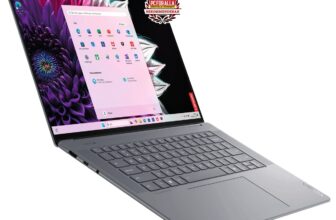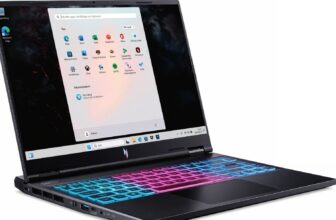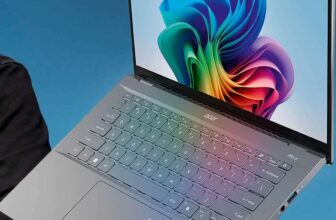ASUS RoG Zephyrus GX501VI Review – Thin, light and quiet gaming laptop, excellent performance
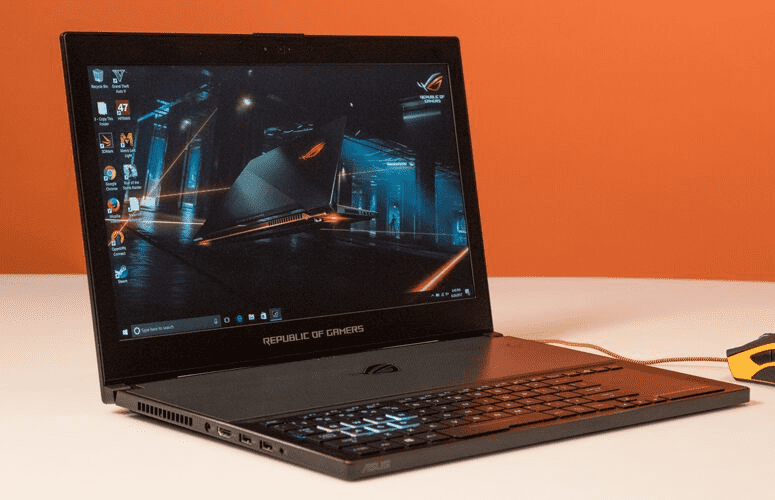
A thin gaming laptop that gives us our first look at Nvidia’s Max-Q tech.
Thanks in a large part to the GTX 10-series GPUs — Nvidia’s Pascal architecture — which offers excellent performance at lower temperatures than generations past, the latest crop of gaming laptops offer superb power in a shell that’s thin and light, free from huge, bulky fans.
[sc name=”ad 2″]

At Computex this year, Nvidia revealed its new ‘Max-Q’ design philosophy, which is centred around finding the right balance between power and efficiency, in order to put high-performance graphics cards into the thinnest notebooks possible. The RoG Zephyrus is the first Max-Q laptop we’ve tested, and it delivers on that promise of thin, quiet, powerful gaming, while measuring just 20mm thick when closed. To be clear, the Zephyrus’ GTX 1080 is not as powerful as its desktop equivalent — or even one found in a (much bulkier) non-Max-Q laptop. In fact, it’s about 15% less powerful than those mobile options.
- Sexy, lightweight chassis
- Innovative cooling system
- Stunning Nvidia G-Sync display
- Impressive gaming and overall performance
- Runs cool when gaming
- Subpar battery life
- Weak audio
What it loses out on in raw power, the Zephyrus makes up for in size and sound.
It’s significantly quieter than any gaming laptop we’ve seen. More impressively, all of these other ‘thin-and- light’s have mostly sported GTX 1060 (or below) GPUs, so even if the Zeph’s GTX 1080 is underpowered compared to a desktop GTX 1080, it’s still vastly more powerful than everything else called ‘thin and light’.
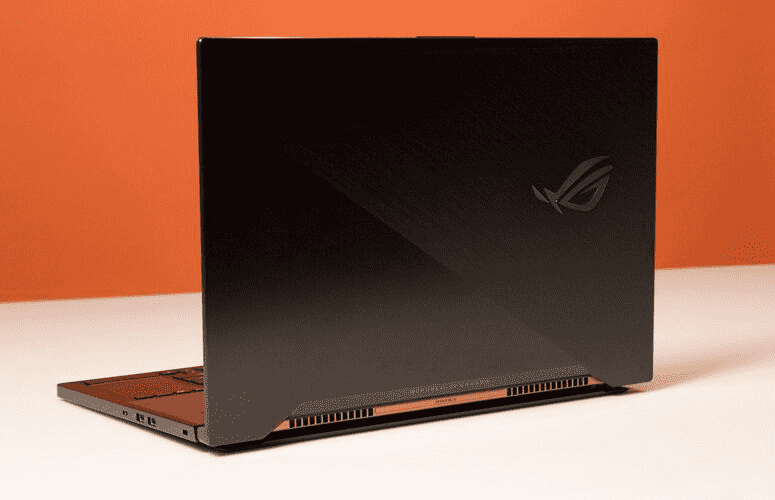
To keep temperatures cool (and also stay quiet), the Zephyrus has a somewhat awkward keyboard layout that gives way to a rather ingenious cooling solution. The keyboard is located right at the front of the chassis — where the touchpad and wrist rests are normally situated — with the touchpad smooshed over to the right. This leaves the top half of the chassis — where a keyboard normally sits — free for a meshed ventilation area. A number of fans sit here, sucking in air to cool the GPU, before spitting it out the back through a gap that opens up when the laptop is open.
The keyboard layout is a little awkward to use (the Zeph comes boxed with an external rubber wrist rest to improve things a little), but is far from unusable. More than anything, it means you’ll situate the Zephyrus a few inches further back on your desk than a normal laptop, which might be an issue if you lack desk real estate. Similarly, it’s even more awkward to use on your lap, and not something we’d recommend.
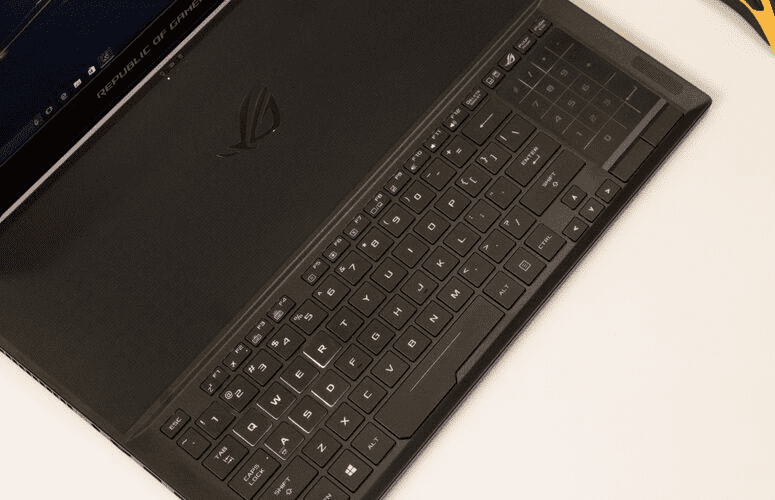
The Zephyrus has all the standards of a current-gen gaming laptop: Intel Core i7-7700HQ CPU, 512GB SSD, 16GB RAM. It also features a 15.6-inch anti-glare wide- view panel, with a 1080p resolution, 120Hz refresh rate and Nvidia’s G-Sync technology. Those final two bits are the most important, because aiming for a higher frame rate at 1080p is a much better use of GPU power than attempting to run games at higher resolution.
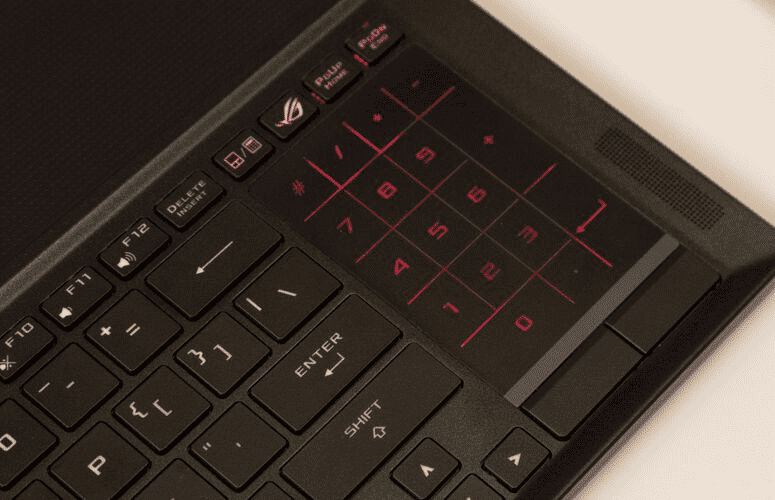
The Zephyrus outperforms the GTX 1070 laptop in gaming tests by about 5-10% but falls short of the full-size laptop or desktop GTX 1080 systems by 10-15%. But the trade-off in performance is more than made up for by the Zephyrus’ sleek frame.
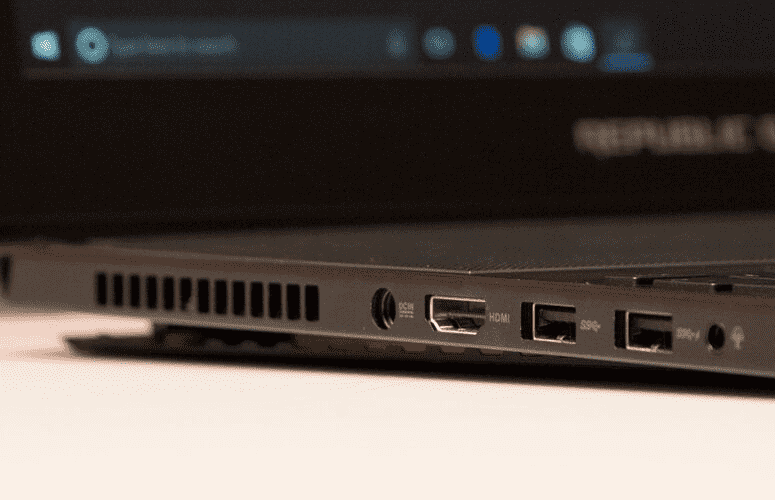
The laptop sounds like a lot for its level of performance (by comparison, the RoG Strix GL502VS that it barely outperforms). But in this case, you’re paying for the convenience of a sleek, tiny frame, and the engineering required to keep everything cool and quiet.
Benchmark
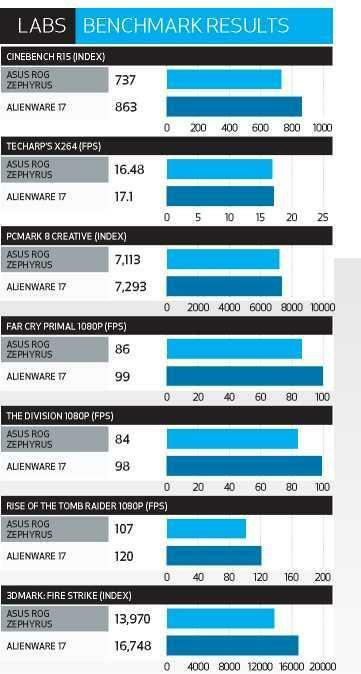
When you purchase through links on our site, I may earn an affiliate commission. Here’s how it works.
Bo Moore
Verdict
With a beautiful if unusual design, this is a thin, light and quiet gaming laptop with excellent performance.




